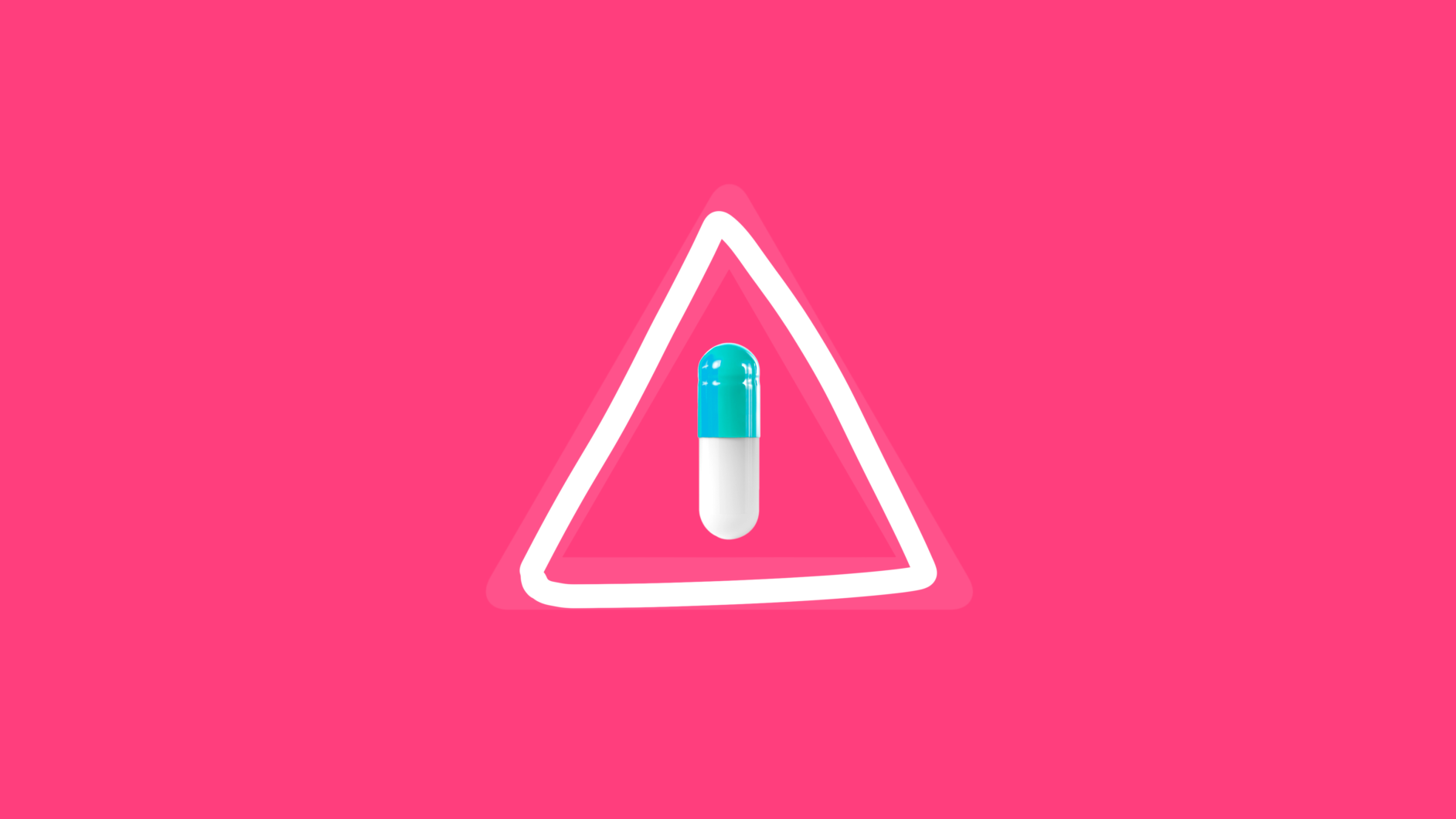You’ve just heard that your medication is being voluntarily recalled. If there’s good news, it’s this: Many drug recalls are not dangerous, so don’t panic.
Why is my medicine recalled?
A drug recall may be issued anytime a medicine is found to be defective, potentially harmful, or labeled improperly. Learning the Food and Drug Administration’s (FDA) three classifications of drug recalls can help you understand the potential problem with your drug:
- Class I: The medicine has been deemed dangerous or defective, and may seriously harm people or even cause death.
- Class II: The drug may cause temporary health issues or have a slight risk of causing something more serious.
- Class III: The product probably won’t cause a health issue, but may not be labeled or manufactured correctly.
Why are drug recalls important?
Drug recalls help to protect people from using a treatment that could be harmful due to a product contamination, mislabeling, or manufacturing problem. Maybe a medication has the wrong packaging instructions that could lead to a dosage error. Or, a defect means the quality or potency isn’t as advertised. A recall is a way to take these drugs off of store shelves, and keep consumers safe—whether it’s a voluntary recall from the manufacturer or a recall triggered after FDA concerns.
How are people notified about drug recalls?
You might learn of a drug recall in the following ways:
- The list of FDA recalls
- News reports
- Notifications from the manufacturer
- Signs at the pharmacy
- Communication from your doctor or pharmacist
- Social media updates
What to do if your medication is recalled
If you hear that your prescription is recalled, follow these steps.
1. Find out if your drug is affected.
When you learn about a drug recall, the first step is to determine if your medicine is affected.
“Many different companies make the same drugs,” said Jane Renfro, a nurse practitioner in northern Virginia. “The brand name for the drug will vary, while the generic name is the same. This can cause confusion, especially when one or more brands is under recall.”
The list of drug recalls from the FDA is a good place to start when trying to find out if your medicine is recalled. However, not all FDA recalls are announced on its website. You may be able to find more information about FDA recalls in its weekly enforcement reports, on the news, on notices from your pharmacy or the manufacturer, or through your doctor.
Sometimes, a recall may be confined to specific batch of drugs produced by a certain manufacturer, which can be tracked through the medicine’s lot number. The location of the lot number will vary based on how the medicine is packaged. Pill bottles usually have the lot number printed below the dosing instructions or near the expiration date. Blister packs tend to have it on the foil backing. For squeeze tubes, check the back or the crimped edge. Labels on pharmacy bottles (like those transparent orange ones) don’t typically include the lot number, so you may need to call the drug store to find out which lot your medicine came from.
When in doubt, call your pharmacist. They can help you determine if one of your prescriptions has been recalled.
2. Contact your doctor or pharmacist.
You’ve determined that your medicine has been recalled. Now what? While you might be inclined to stop taking it, that’s not always the best course of action if the drug is critical for your health.
Instead, get in touch with your pharmacist to explore alternatives to your treatment. “Your pharmacy is the first line of defense. If only certain brands are under recall and the brand you’re taking is one of them, the pharmacist may simply substitute your current brand for one that’s not under recall,” said Renfro.
If the recall affects all manufacturers of a drug and not just one brand, you might need to find a different medication.
“Don’t dawdle in checking this out. Contact the provider who ordered your current prescription as soon as possible,” advised Renfro. “He or she may order a new prescription for a comparable medication that’s not under recall.”
3. Get rid of the recalled medicine.
Once you’ve found a safe replacement for your recalled medicine, don’t keep the old drugs around.
“Hanging on to unwanted medicine runs the risk that you’ll inadvertently pick up the wrong bottle when you go to take your pills,” said Renfro. The FDA recommends bringing recalled or unneeded medicines to a local drug disposal program, available at many pharmacies, to get rid of them safely.
Can’t get to a place with a disposal program? Some medicines, such as those likely to be abused, can be flushed down the toilet. The rest can be mixed in a bag with an inedible substance (like dirt) and thrown in your household trash.
RELATED: How to get rid of unused medication
4. Watch for updates.
You can search for recall information through the FDA’s enforcement report. This should have the most up-to-date information about recalls that are being tracked by the FDA.











